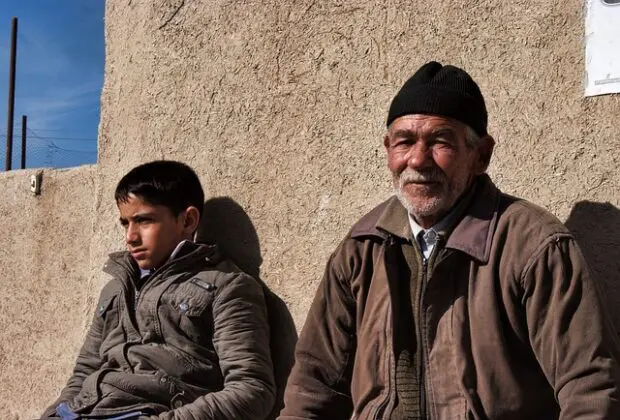A US financial crimes regulator has condemned the use of cryptocurrencies by Iran as a way of bypassing economic sanctions, encouraging institutions and US-based exchanges to avoid dealing with the nation.
The Financial Crimes Enforcement Network (FinCEN) has urged domestic cryptocurrency exchanges to be aware of Iranians using cryptocurrencies, including Bitcoin, to circumvent US economic sanctions against the country.
FinCEN’s advisory report published Friday estimates that since 2013, Iran has hosted USD 3.8 million in Bitcoin transactions, with this coming in domestic peer-to-peer (P2P) and exchange transactions alongside third-party countries such as the US. The report advises institutions to use the technology available to monitor open blockchains and investigate ledgers to see if any transactions originate or terminate in Iran.
Despite the relatively low levels of cryptocurrency adoption in the middle eastern nation, Iran’s utilization of cryptocurrency is described as “illicit and malign” in its attempts to ”exploit” the financial system and provide a method of avoiding sanctions.
US-based exchanges were warned of their obligations under the Bank Secrecy Act that require ”appropriate systems” for preventing the facilitation of transactions that may oppose sanction requirements.
Sanctions against Iran were reinstated under President Donald Trump earlier this year when he withdrew the US from the Iran nuclear deal.
Last month, Bitcoin News caught up with IranbyBit, a travel startup that offers its services in Bitcoin, indeed as a way to avoid financial restrictions.
As founder Setare Shabanipour sees it, the more foreigners visit the country, the more likely it is that cynical perceptions of the country will dissipate: ”They can decide for themselves about the country and this can lead to a change of attitude toward Iranians in global communities and markets.”
While US sanctions against Iran are an attempt to target the government in a negative capacity, it cannot be helped that they also harm the whole economy and individual people themselves. Both asset freezes and trade embargoes have taken a serious toll on the Iranian economy and the people.
Shabanipour believes that by promoting Iran as a travel destination, she can help provide part of a solution: “It is inevitable that cultural bridges will form among foreign and local cultures. Such a flourishing market will result in attracting investment and building up more tourism infrastructures in Iran.”
Image Courtesy: Pixabay










